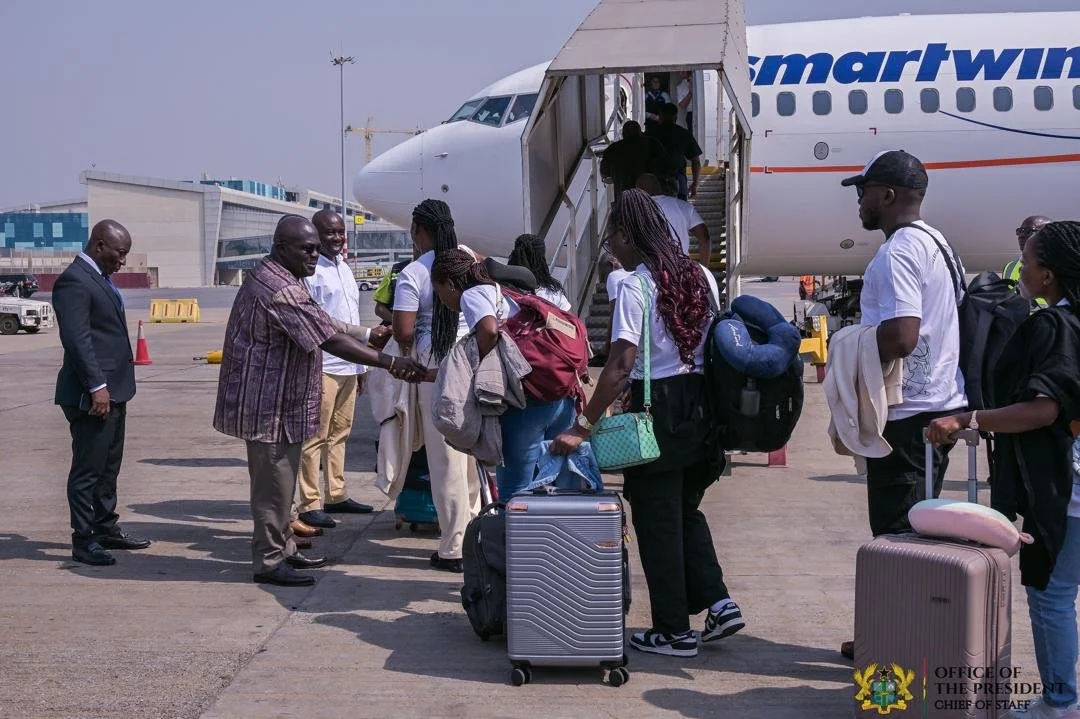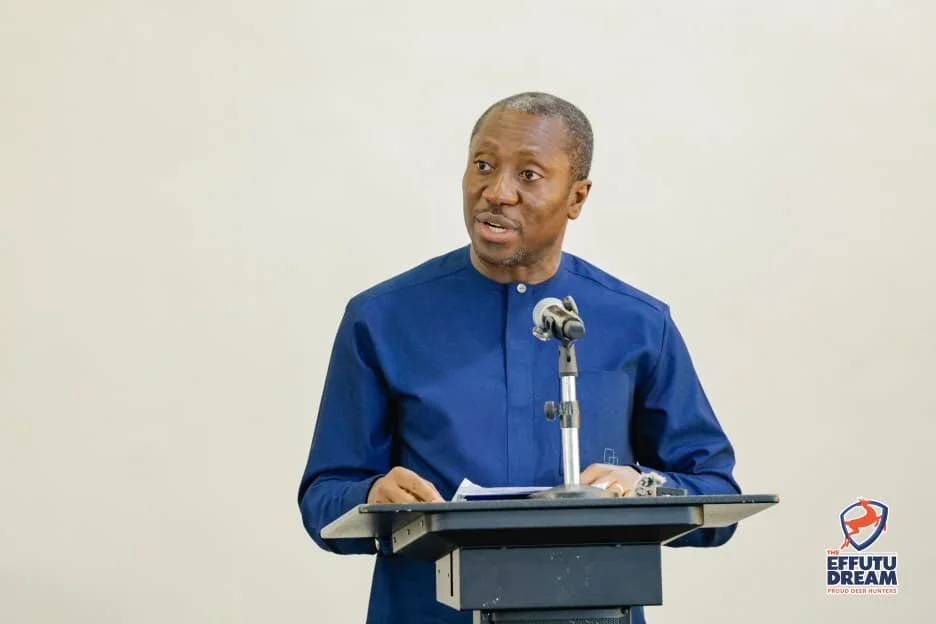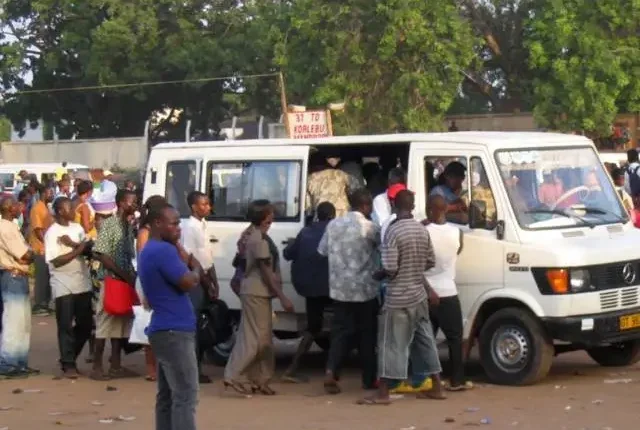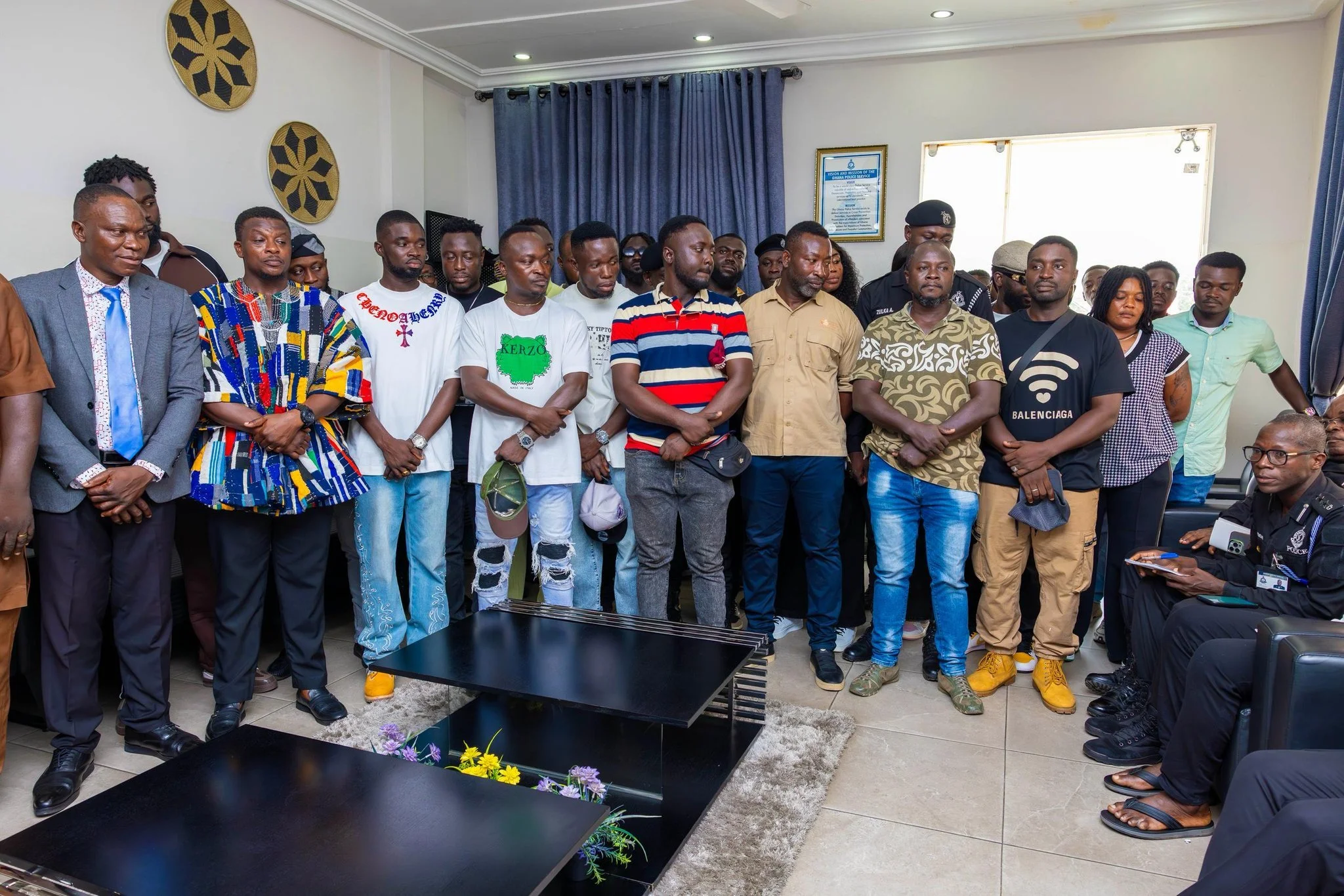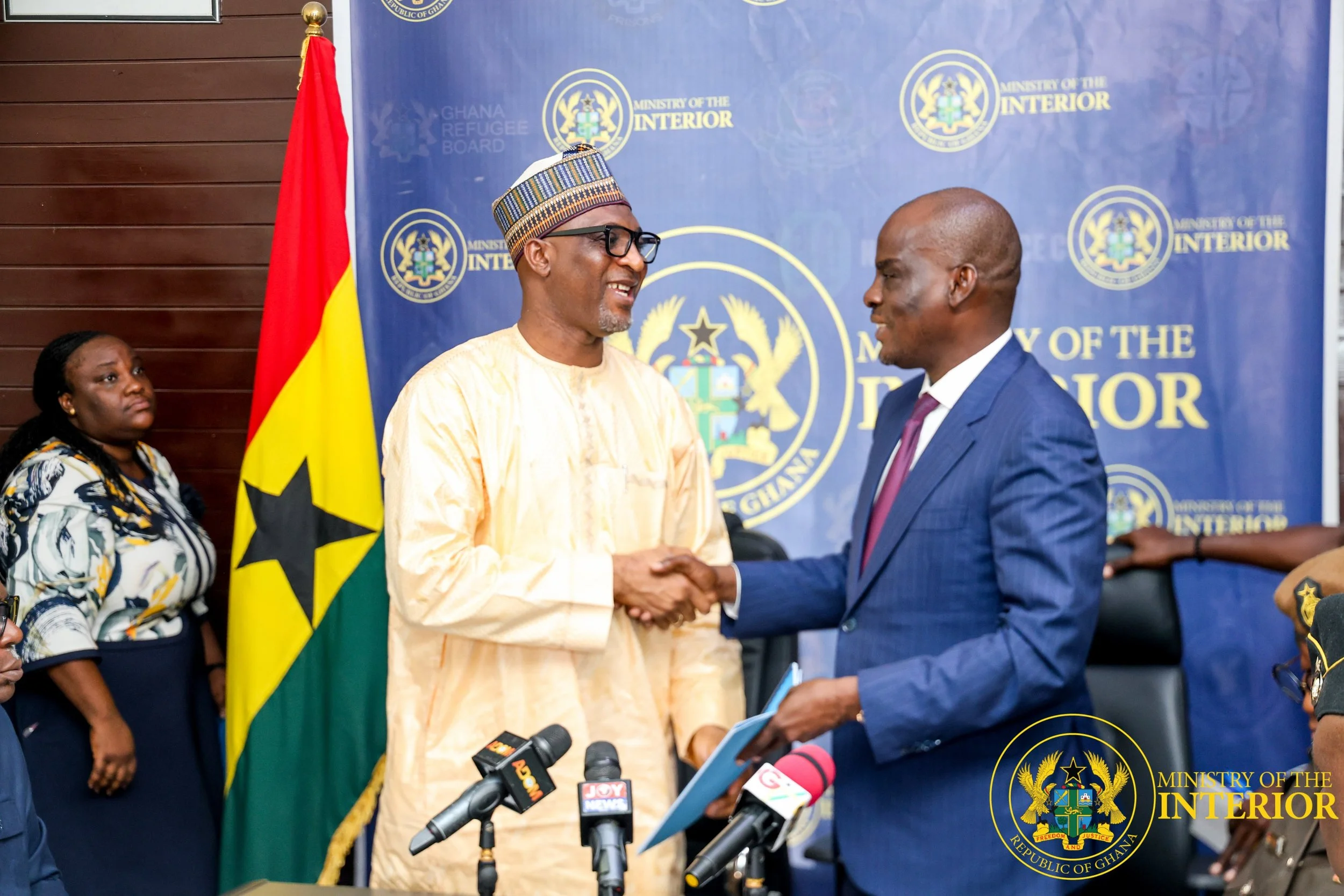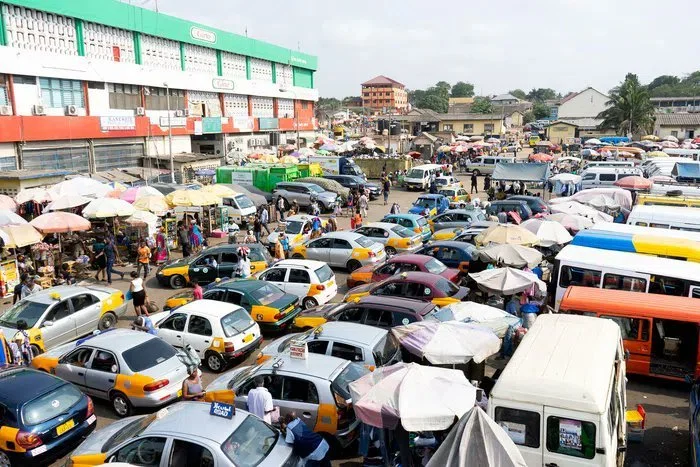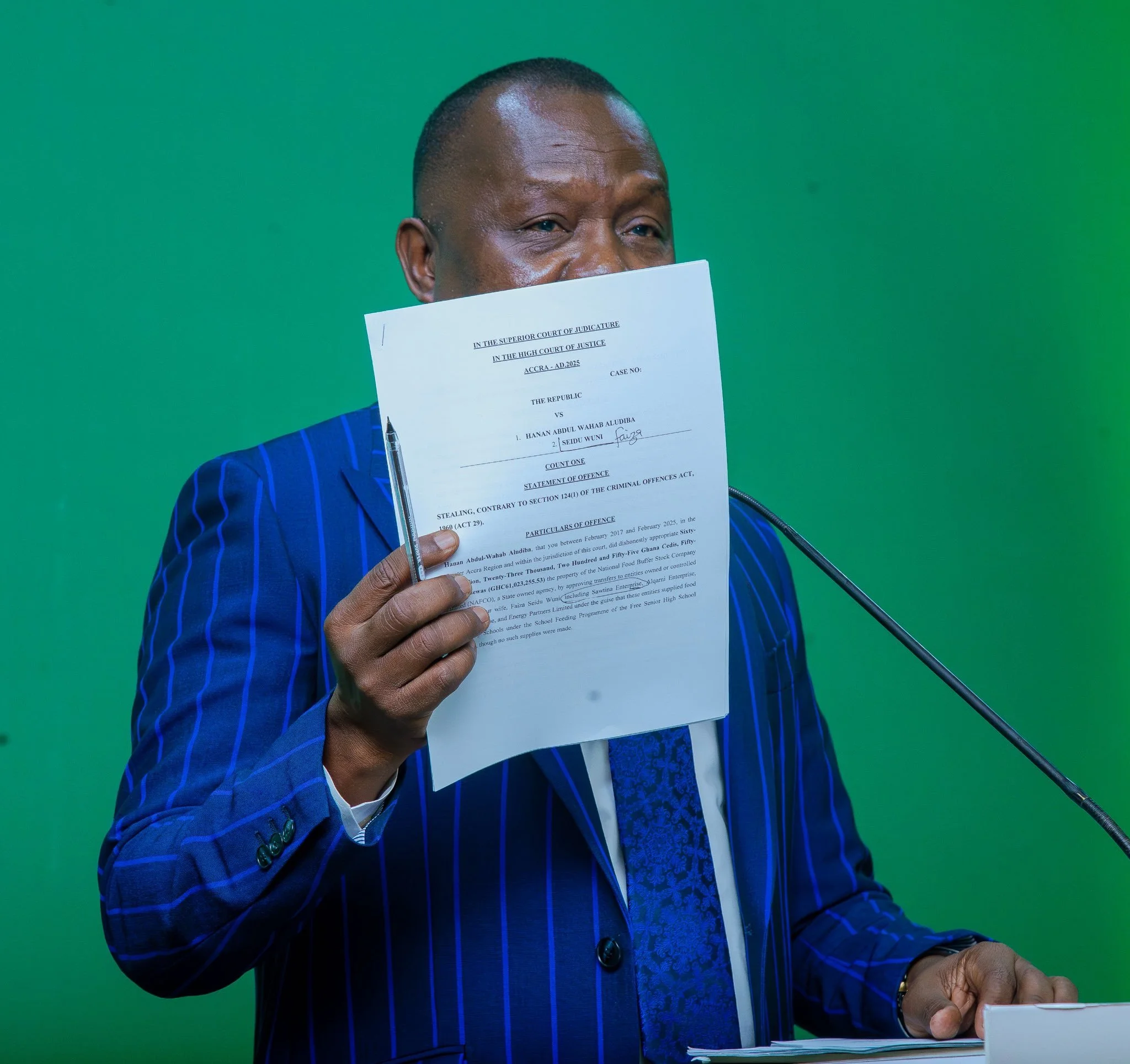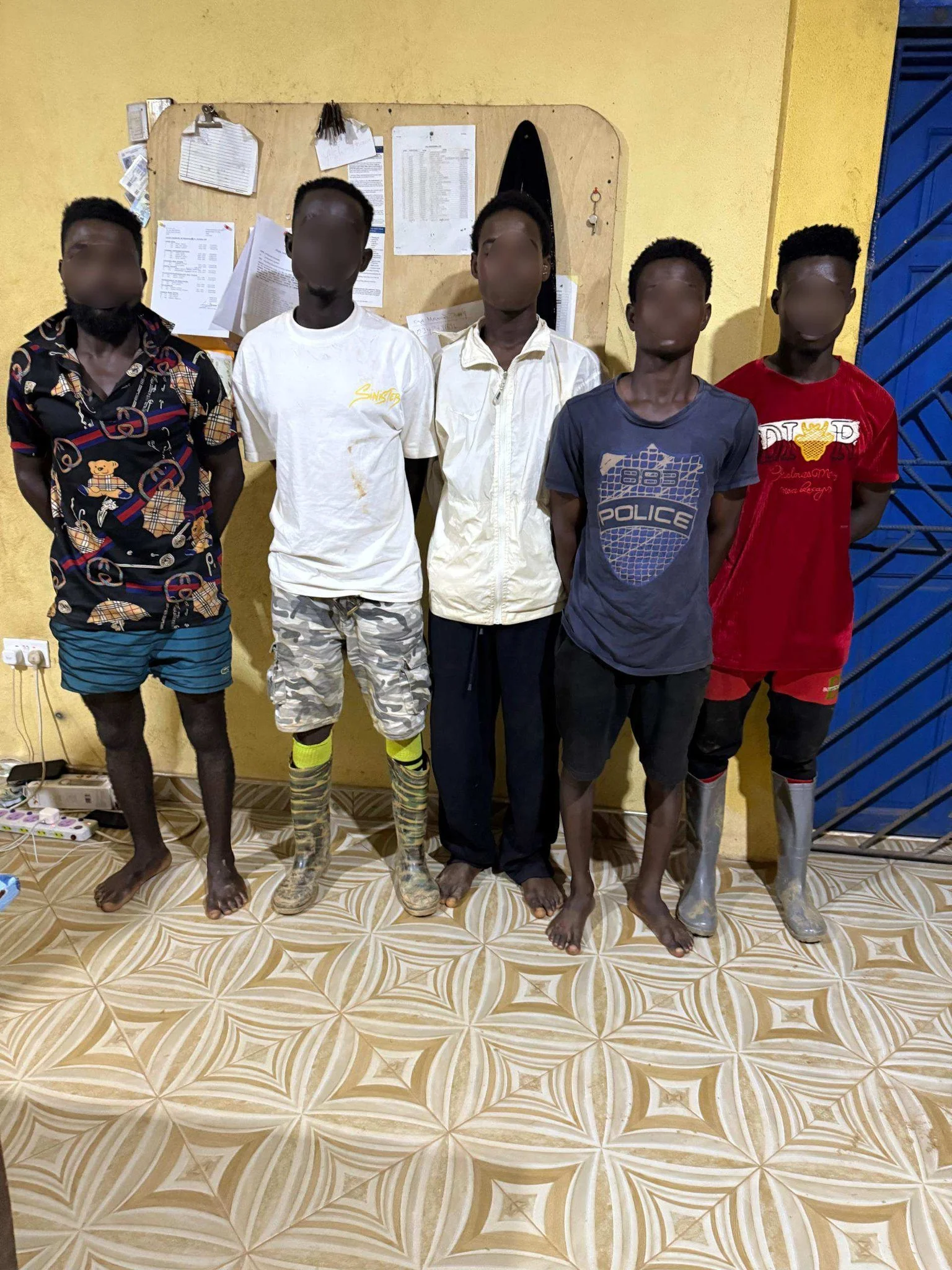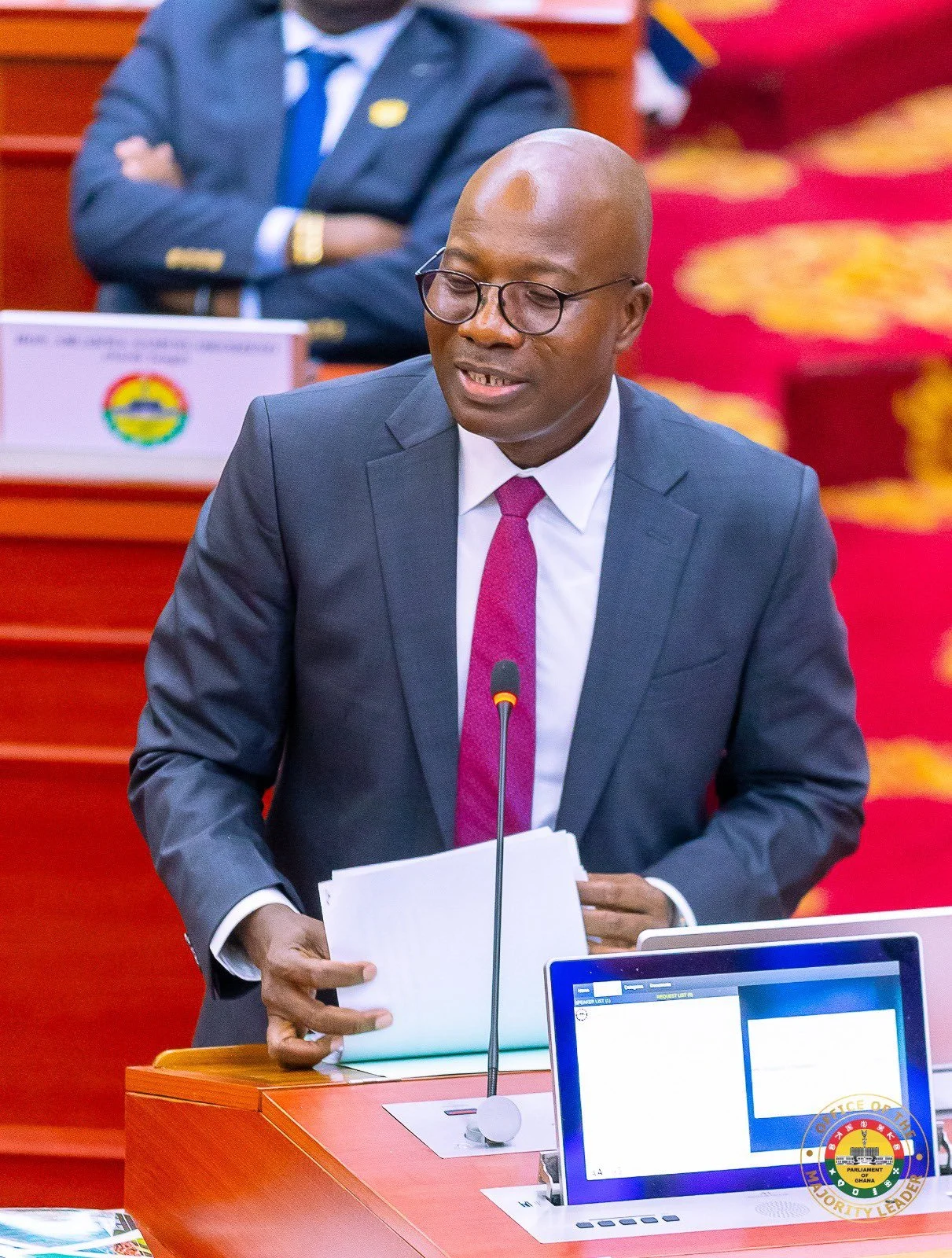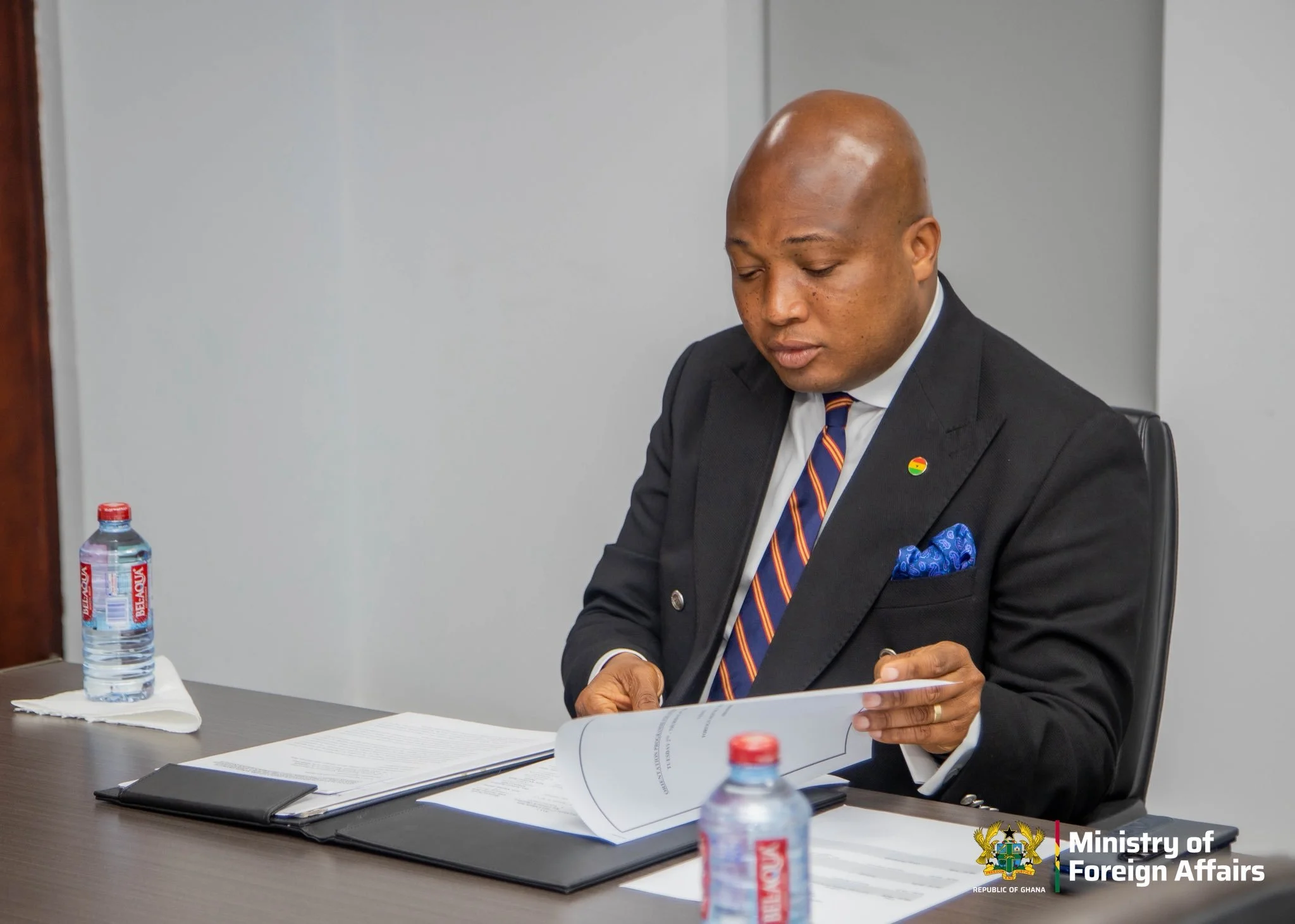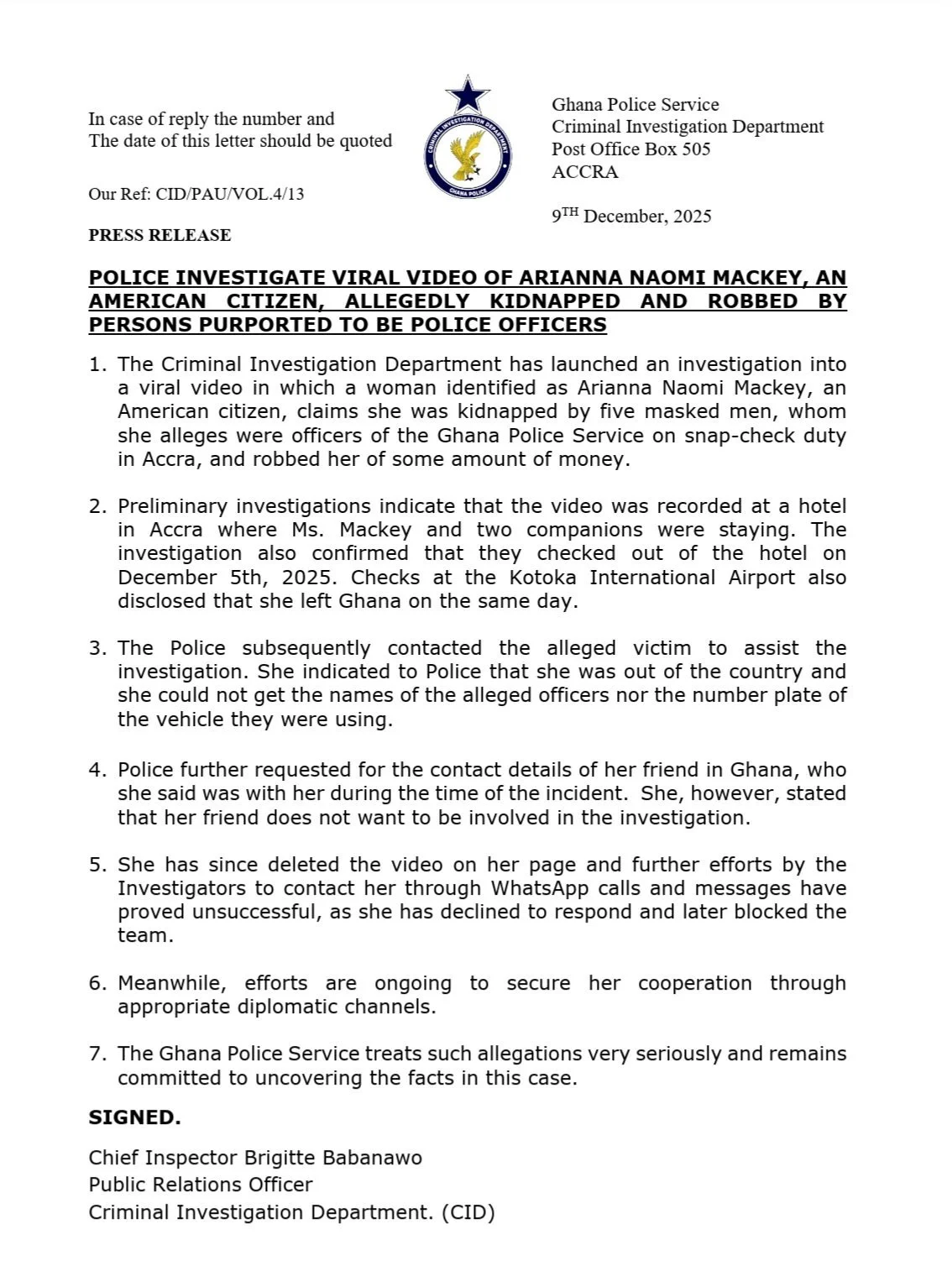AG Reveals US $2 Million Overpayment and Tax Evasion in DRIP Contract with JA Plant Pool.

Accra, Ghana — The District Roads Improvement Programme (DRIP) contract awarded to JA Plant Pool Ghana Limited has been exposed for major financial irregularities, including a US $2 million overpayment, tax evasion of approximately GH¢38.7 million and equipment over-invoicing by as much as 300 percent, the Office of the Dr Dominic Ayine, Attorney-General and Minister for Justice, has disclosed.
Speaking during a “Government Accountability Series” briefing in Accra on Wednesday, October 22, Dr Ayine provided a breakdown of the findings from a forensic review of the contract. He said the approved contract sum was US $176 million, but invoices show that JA Plant Pool was paid US $178 million hence the overpayment. “In the case of DRIP, JA Plant Pool was overpaid by US $2 million. The contract sum was US $176 million … When we examined the invoices of payment, we discovered US $178 million had been paid. We therefore instructed that the US $2 million be refunded.” — Dr Dominic Ayine.
The review found that 190 pieces of heavy-duty equipment imported under the DRIP contract were cleared under the claim of tax exemption, leading to tax losses of GH¢38.7 million. Equipment pricing was significantly inflated: some items originally costing US $40,000 were invoiced at US $84,000 marking an increase of over 110 percent; in other cases, mark-ups ranged from 100 percent to 300 percent. The forensic audit is ongoing with an item-by-item review of all equipment supplied under DRIP to build a watertight case for potential criminal prosecution. Dr Ayine emphasized that precision is required in criminal law.
The DRIP was an infrastructure programme aimed at improving district-level road networks across Ghana, with funding and equipment supplied to Metropolitan, Municipal and District Assemblies (MMDAs) for jobs in road rehabilitation, connectivity and rural access. JA Plant Pool Ghana Limited was the main contractor for the scheme. According to its own profile, the project was expected to employ thousands of Ghanaian construction workers and support rural communities by improving access to markets through better road networks.
The government, through the Attorney-General’s Office, has issued a demand notice for repayment of the US $2 million overpayment and instructed the Ghana Revenue Authority (GRA) to pursue the GH¢38.7 million in tax liabilities. Dr Ayine indicated that the review team is working with the Criminal Investigations Department (CID) and other agencies to determine whether criminal charges may be filed once evidence is complete. He emphasized delays may happen because of the need for specificity in criminal law.
This disclosure comes amid a broader government push on recovering public funds and enhancing accountability in state contracting. It will raise significant questions about procurement practices, oversight of infrastructure programmes and the role of auditing bodies. Analysts suggest that such large-scale irregularities undermine public trust and call for stronger enforcement mechanisms.
The case also places a spotlight on the effectiveness of institutional checks and the degree to which state-contracted firms are held to account. For citizens and stakeholders, the key outcomes to watch will be: (1) whether the funds are recovered, (2) whether criminal prosecutions are pursued, and (3) whether reforms are implemented to prevent recurrence.
Read Also
NIA introduces revised charges for Ghana Card registration and related services starting February 2, 2026, citing rising operational costs.
The court has discharged Frederick Kumi, known as Abu Trica, and two others after the state withdrew charges. They were later re-arrested by the Narcotics Control Commission.
Ghana’s Health Minister says the Labour Exchange Programme will reduce the backlog of 80,000 unemployed health professionals as 130 workers depart for Antigua.
Minority Leader Alexander Afenyo-Markin says the NPP is holding government accountable, defending its opposition to tax bills and recent actions in Parliament.
Accra commuters face long queues and hours-long waits as severe bus shortages hit major transport hubs including Circle, Kaneshie, Madina and Tema.
Adentan Circuit Court grants influencer “Ebo Noah” GH¢100k bail with two sureties following charges tied to a failed December 25 flood prophecy.
The IGP has promoted 35 police officers for their role in arresting suspects linked to the 2024 Adabraka gold robbery. Police cite professionalism and teamwork.
President Mahama has established a Presidential Advisory Group on the Economy to guide policy reforms, support growth and strengthen economic management.
Ghana signs MoU to produce 30% of school uniforms, furniture and sanitary pads through the Prisons Service, boosting education and inmate rehabilitation.
Minister Felix Kwakye Ofosu warns transport operators against illegal fares and artificial scarcity, announcing new measures to protect commuters.
The Accra High Court has granted GHC10 million bail to Akonta Mining’s General Manager in a case involving alleged illegal activities in the Tano Nimiri Forest Reserve.
Attorney-General Dominic Ayine says extraditing former Finance Minister Ken Ofori-Atta from the U.S. will take time and must follow due legal process.
The Western Regional Police Command investigates a shooting at a mining site in Adelekezu, Axim District, that left one boy dead and several vehicles burnt. Five suspects are in custody as police appeal for calm.
Majority Leader Mahama Ayariga says he will reconsider his Private Member’s Bill to repeal the Office of the Special Prosecutor after President John Mahama urged Parliament to withdraw it and strengthen the anti-corruption agency.
Communications Minister Sam George says three more arrests are expected as EOCO confirms the capture of “Abu Trica,” accused of leading an $8 million cyber fraud ring targeting elderly victims in the U.S.
Miaso Krobo D.A. Basic School in Fanteakwa North opens a new computer lab and library, improving digital literacy through charity support and community partnership.
The Accra High Court has lifted an injunction on the funeral of highlife legend Daddy Lumba after family members failed to meet a GH¢2 million condition. The ruling highlights Ghana’s struggle to balance customary law and modern legal systems.
Ghanaian national Frederick “Abu Trica” Kumi has been arrested in Accra after a U.S. federal indictment accused him of running a romance scam that defrauded elderly Americans of over $8 million.
Ghana’s Ministry of Foreign Affairs has deported three Israelis after accusing Israeli authorities of unfairly detaining and deporting Ghanaian travelers at Ben Gurion Airport. Both countries have agreed to resolve the matter amicably.
The Commonwealth Human Rights Initiative (CHRI) Africa Office has urged African governments to act on illegal mining, climate change, and access to justice as part of this year’s Human Rights Day theme, “Human Rights: Our Everyday Essentials.”
Minority MPs halted parliamentary proceedings over the Kpandai seat dispute as the NPP called a High Court ruling for a rerun a “constitutional abomination.” Tensions continue to rise in Parliament.
Ghana’s CID has launched a probe into a viral video by an American woman who claimed she was kidnapped and robbed by men posing as police officers in Accra.
The Ghana Police CID and Bank of Ghana have arrested 41 people in Accra for illegal forex trading. Over ₵1.2 million and other currencies were seized as investigations continue.
In Doha, former Ghanaian President John Mahama called education the “battleground for justice,” linking it to SDG 4 and urging the world to treat learning as a life-saving priority amid crises.
Opanyin Abraham Kwaku Adusei, 82, from Ghana’s Eastern Region, has been named the 2025 Overall Best National Farmer, receiving ₵1.2 million, a tractor, and a gold medal for his lifetime contribution to agriculture.
At the 41st National Farmers’ Day in Ho, President John Mahama urged Ghanaians in the formal sector to invest in farming as a second income source and renewed his call for single-digit agricultural loans to boost food security.
MP for Damongo, Abu Jinapor, has opposed Majority Leader Mahama Ayariga’s call to abolish the Office of the Special Prosecutor, insisting the office was created with noble intent and should be reformed, not dissolved.
Majority Leader Mahama Ayariga has urged Parliament to abolish the Office of the Special Prosecutor, arguing it duplicates the Attorney General’s role and has failed to deliver results in Ghana’s fight against corruption.
Majority Leader Mahama Ayariga has proposed that Parliament oversee budget allocations for Ghana’s independent constitutional bodies to prevent executive influence and strengthen their institutional autonomy.
At the launch of the Ghana-Made STEM Box Initiative, President John Mahama attributed poor WASSCE results to years of neglect in basic education and called for urgent reforms to strengthen foundational learning and STEM teaching in Ghana.




